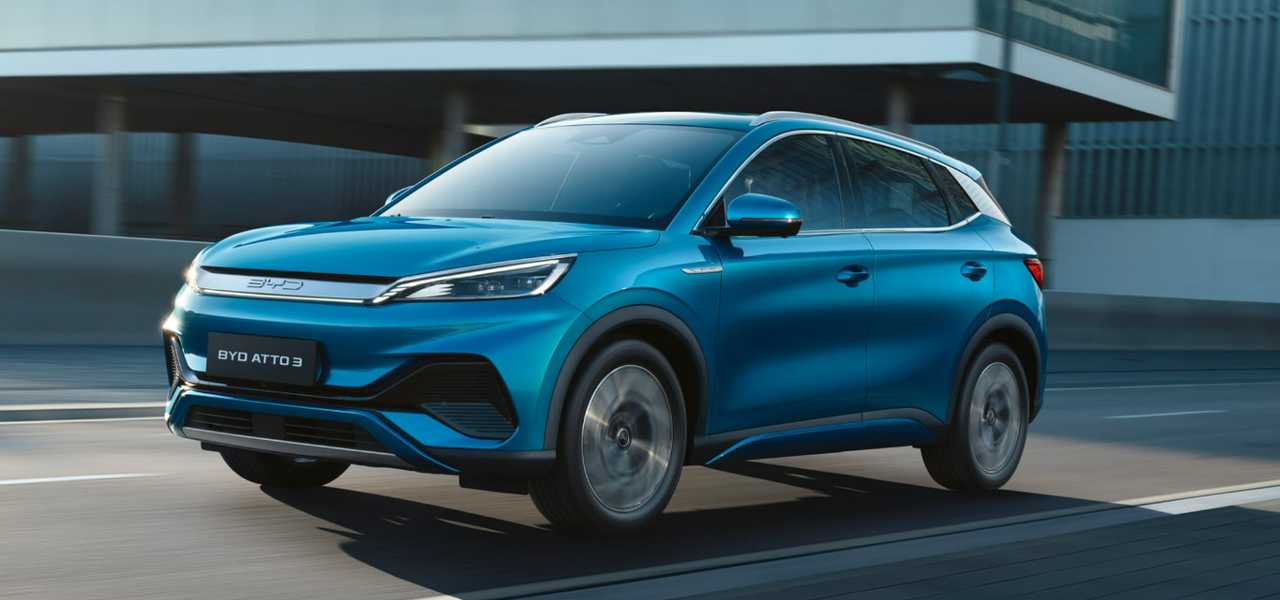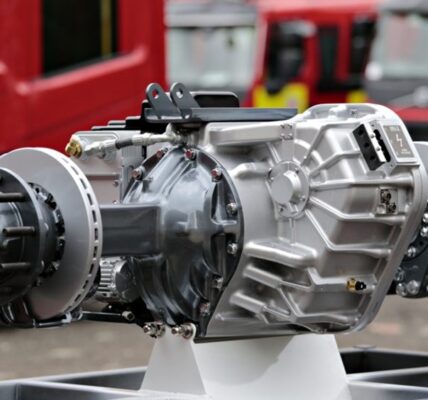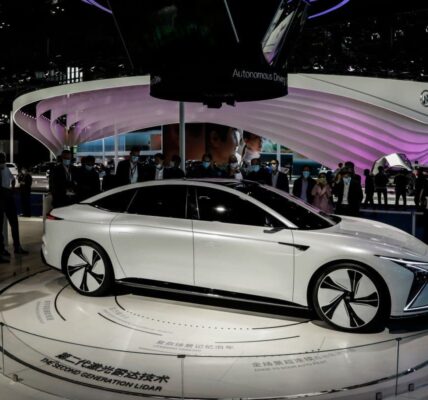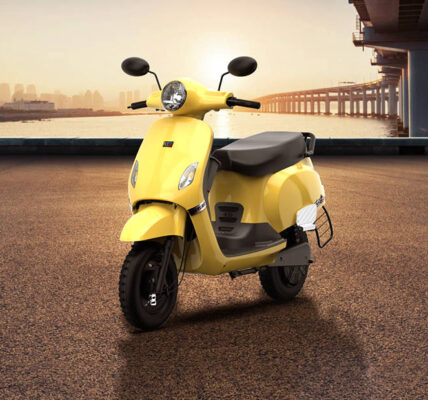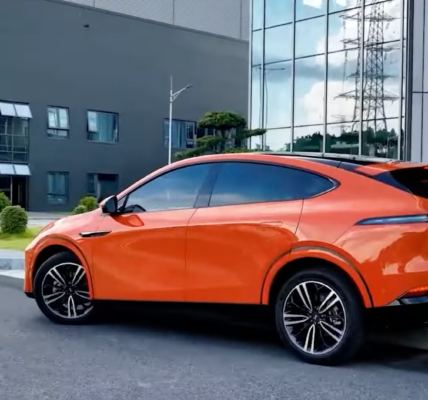Chinese electric vehicle giant BYD is set to officially enter South Korea’s passenger car market with the launch of its compact electric SUV, the Atto 3.
The brand inauguration event is scheduled for January 16, 2025, signaling BYD’s aggressive push into the competitive Korean automotive landscape.
Industry sources revealed that the Atto 3 will be the first BYD model to debut in Korea, ahead of other models like the Seal, Dolphin, and Sealion 7, which are still undergoing certification.
The Ministry of Environment’s National Institute of Environmental Research is expected to grant the Atto 3 its emissions and noise certification as early as January 13, 2025, solidifying its path to market release next month.
This certification process, mandated under the Clean Air Conservation Act, verifies the vehicle’s maximum driving range per charge, among other criteria.
With the completion of additional regulatory steps—including energy efficiency certification by the Ministry of Trade, Industry and Energy and vehicle specification notification by the Ministry of Land, Infrastructure, and Transport—the Atto 3 is poised to become BYD’s first certified model in South Korea.
Following these certifications, the Atto 3 will proceed through the Ministry of Industry’s eco-friendly vehicle reporting and the Korea Environment Corporation’s supply evaluation, finalizing eligibility for electric vehicle purchase subsidies. Experts predict the vehicle could hit the market as early as February 2025.
China’s largest electric vehicle manufacturer, BYD, has been shown to be closely trailing Tesla, the world’s top electric vehicle seller in 2024.
China’s largest electric vehicle manufacturer, BYD, has been shown to be closely trailing Tesla, the world’s top electric vehicle seller in 2024.
The Atto 3 features an integrated ’8-in-1′ electric powertrain and a high-efficiency heat pump system, offering a maximum range of 420 km per charge under the European WLTP standard.
However, its certified range in Korea is reportedly around 330 km. The SUV is expected to be priced in the mid-30 million won ($26,000) range.
Despite its competitive pricing, the Atto 3 may receive lower government subsidies due to its lithium iron phosphate (LFP) battery, which has a lower recycling rate. South Korea’s updated 2025 EV subsidy policy prioritizes vehicles with longer ranges and higher environmental performance.
Moon Hak-hoon, a professor at Osan University’s Department of Future Electric Vehicles, noted, “BYD’s primary target will be the import car market, which comprises 15–20% of the total automobile market.
In the EV segment, competition will be more direct with Tesla than with domestic brands like Hyundai and Kia. Ultimately, pricing strategy will be crucial in determining sales performance.”
As BYD prepares to make its mark in South Korea, the launch of the Atto 3 could signal intensified competition in the country’s rapidly growing electric vehicle market.


